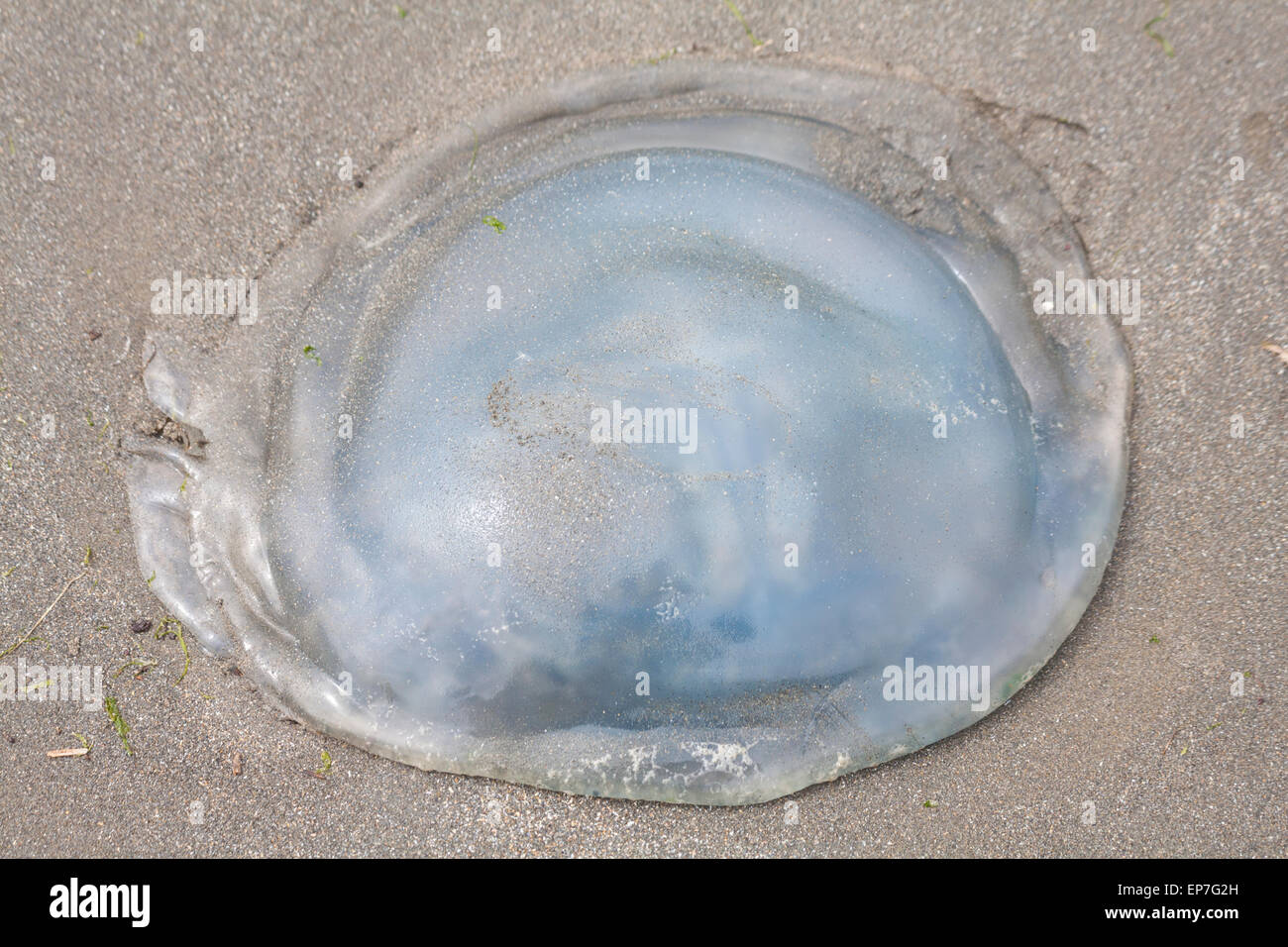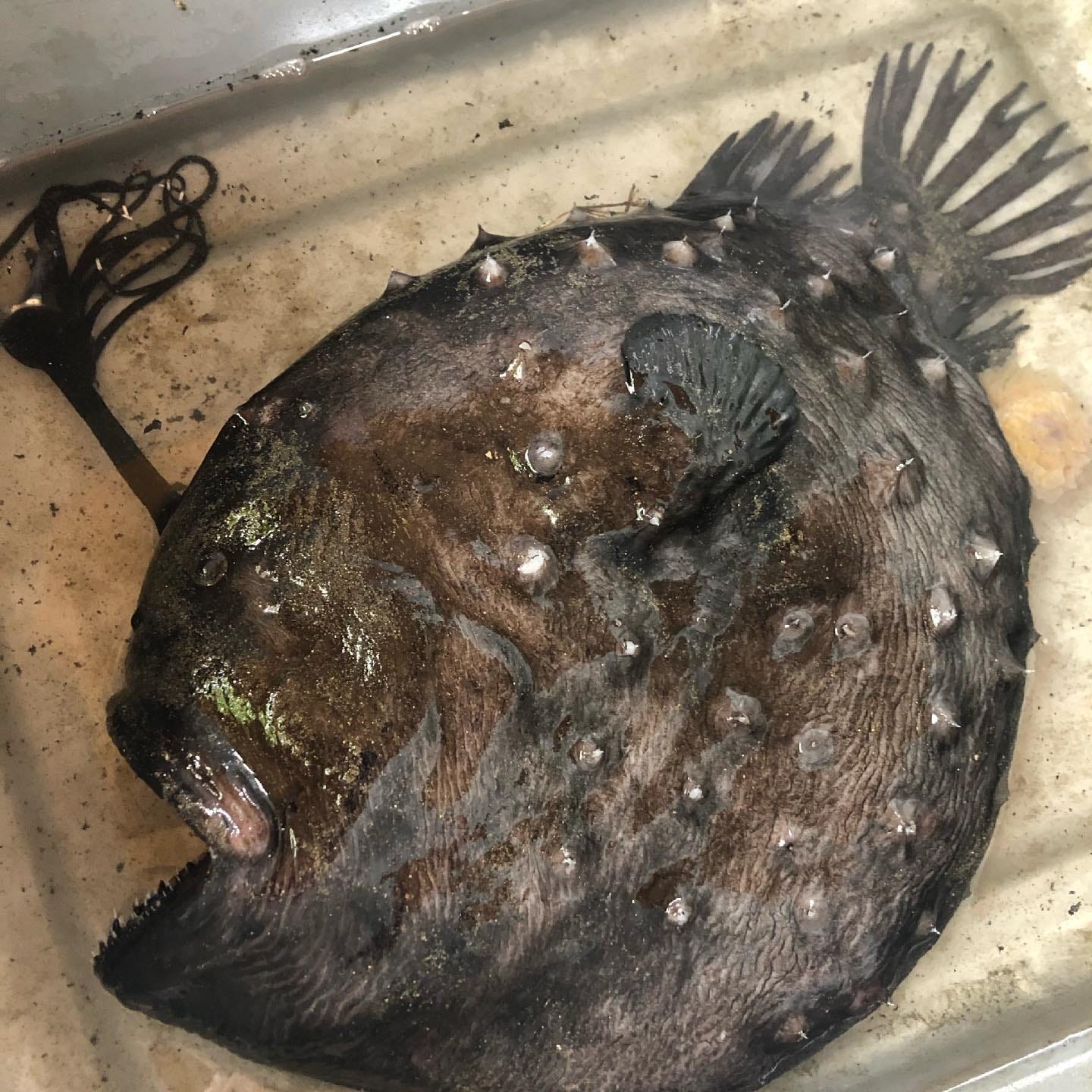
I don't care what "side" you're on, keep it to yourself or you're out. There's plenty of other places for you to scream into the void about your political opinions on Reddit, this is NOT one of them. Seriously, we're all tired of baby feet, rays, and shops. This picture, this picture, and this one will get you a week long ban. We don't need a bunch of nonsense clogging up the comment threads. If there's bodies or gore of any kind, please be considerate. Please, no monsters or other things like that, we'd like to keep it as convincing as possible if you choose to post fictitious items. Submissions can be real or realistic fiction- realistic fiction meaning pictures or stories of things that could be. Happy swimming, and remember- There's always something below you. If it seems like something that just shouldn't be found in the oceans, lakes, or rivers of the world, then this is where it belongs. They say anyone who encounters an unusual animal or fish should alert the lifeguards or notify the Scripps Institution of Oceanography at or (858) 534-3624.We are a subreddit dedicated to showcasing the strange, creepy, and horrifying things that exist just below the surface of the water. In the meantime, officials at Scripps remind people that removing fish and wildlife from the La Jolla area is forbidden since most of the beach is a protected marine habitat.

"If we see a few more things wash up, maybe we can start to wonder if something is going on here." "Maybe they're feeding closer to shore, and it's easier for them to get washed up on a beach. "It may have something to do with the time of year, or their reproductive cycle, or what they're eating," he says. But, he warns, it's too early to know if this was a coincidence or a sign of a bigger problem in the deep ocean. The other, an angler fish, washed back out to sea before being collected.įrable says seeing two deep-sea fish wash ashore so close to each other is rare. The lancetfish was one of two rare deep-sea fish that washed ashore over the past month. "Then, in the future, we may have ways to extrapolate further and ask questions about our changing ocean and what it was like in 2021." "Each one of these new data points can be very valuable for scientists," he says. And studying the fish's tissue, parasites, and metal content can show how the ocean has changed over time by comparing it to the older fish in the collection. "It's really helpful in that lancetfish have been able to fill in these gaps in our understanding of the open ocean food-web because they're eating things that may be too hard or too fast for us to catch, or things that we just don't encounter that often because they're in the deep sea, way off-shore."įrable also says this can show how much plastic and micro-plastic is in the deepest parts of the ocean. "In the open ocean, lancetfish are a mid-level predator," says Frable.

Anela Choy for a decade to look at the stomach contents of lancetfish.įrable says lancetfish eat anything, and the study will help us understand the food web in the deep sea. The lancetfish will become part of a study led by Dr. By preserving that, you can ask all sorts of different questions." "(This fish) represents an organism that was at a specific place at a specific time. "This is exciting, says Ben Frable, the manager of the Vertebrate Collection at the Scripps Institution of Oceanography. They have around 80 more in the collection caught and donated by deep-sea fishermen. This is the 17th time they've gotten a lancetfish that washed ashore, dating back to 1947.
Angler fish washed up newport beach skin#
The fish washed up on December 1st, and researchers collected it before the tide pulled the fish back out to sea. Confronted with a jet-black globular fish with razor-sharp teeth, prickly skin and a strange stalk protruding from its head, lifeguards at Swamis Beach in Encinitas, California, immediately knew. (KGTV) - A rare, deep-sea fish that washed ashore in La Jolla is helping researchers at the Scripps Institution of Oceanography learn more about the food web in the deepest parts of the ocean.


 0 kommentar(er)
0 kommentar(er)
